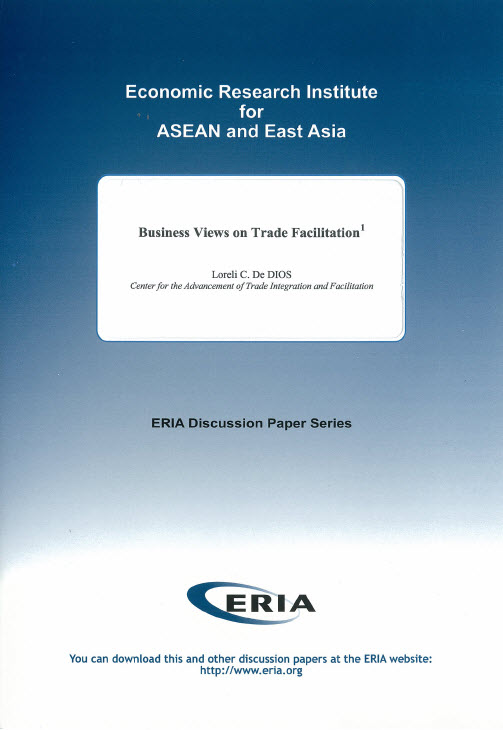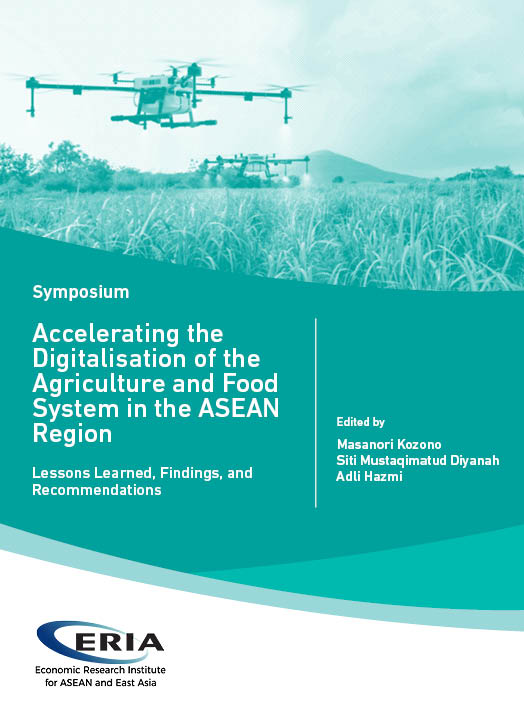Business Views on Trade Facilitation

Date:
1 May 2009Category:
Agricultural Development, ASEAN, Industry and Manufacturing, Regulation and Governance, Services, TradeType:
Discussion PapersTags:
Print Article:
Abstract
Business views on the most important barriers to trade facilitation are taken from two region-wide surveys in 2006 covering the ASEAN priority integration sectors, namely: agro-based, fisheries, automotive, electronics, e-ASEAN, healthcare, rubber, textile and apparel, wood-based, air travel, tourism, and logistics. The data were reassembled into (1) border procedures, (2) individual barriers, (3) broad categories of barriers, and the results ranked in terms of incidence and significance. Border procedures such as unofficial facilitation fees, tedious goods declaration, poor information on procedures, difficult release of goods, and complex refund and appeals process were the most widespread and serious. Logistics businesses were similarly affected by lengthy documentation, burdensome inspection, varying goods nomenclature, facilitation fees, poor regional coordination, and inefficient clearance. Across all types of barriers, for the goods sector, Customs procedures and their manner of implementation were prevalent, while quantity control measures, official and unofficial fees, and technical standards were significant. For the services sector, the operator's licensing requirement was the most common and severe, while high excise taxes, user fees, lengthy visa procedures, and market limits were further impediments. Logistics operators confirmed the singular importance of Customs procedures particularly time consuming documentation, followed by foreign ownership and transport-specific limitations. Time and monetary costs of complying were substantial.




